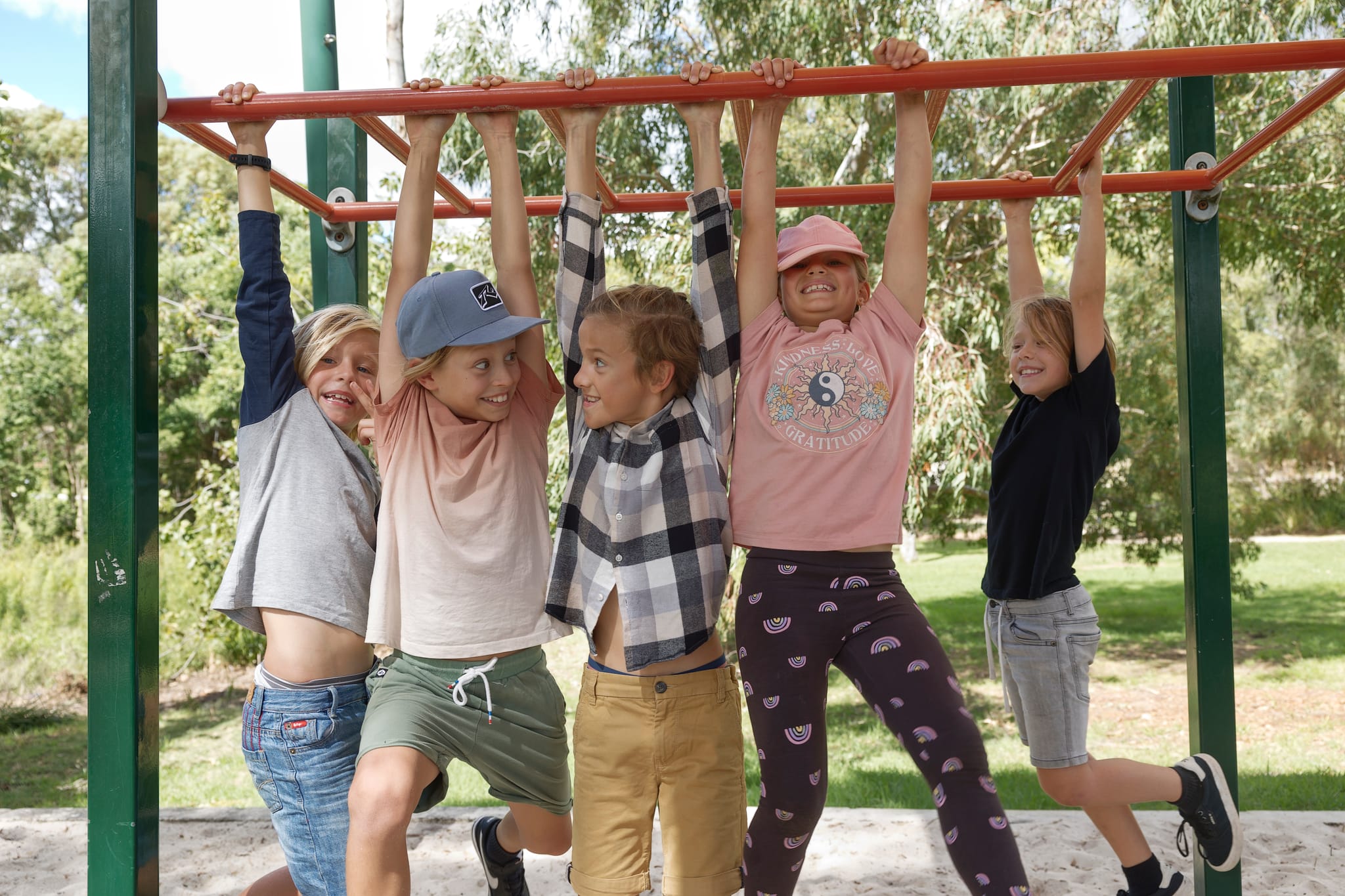Search

News & Events
Funding boost for childhood cancer research projectsProjects to improve outcomes for leukaemia patients and reduce skin cancer rates in young Aboriginal people have received funding through Cancer Council WA.

News & Events
Major grants fuel child health researchSix researchers from The Kids Research Institute Australia have been awarded $8.9 million in prestigious Investigator Grants from the National Health and Medical Research Council.

News & Events
COVID-19 informationThe situation with COVID-19 is constantly evolving, and there is an extraordinary amount of information circulating which can be both overwhelming and difficult to navigate.
Research
Increase in Body Mass Index in Children With HIV, Switched to Tenofovir Alafenamide Fumarate or Dolutegravir Containing Antiretroviral RegimensRecent data indicate excessive weight gain in treatment-naive adults with HIV commenced on antiretroviral therapy (ART) regimens containing tenofovir alafenamide (TAF) or the integrase strand transfer inhibitors (INSTIs) dolutegravir (DTG) and bictegravir.
Research
COVID-19 and changes in the National Immunisation Program: a unique opportunity to optimise the Australian Immunisation Register (AIR)Christopher Blyth MBBS (Hons) DCH FRACP FRCPA PhD Centre Head, Wesfarmers Centre of Vaccines and Infectious Diseases; Co-Head, Infectious Diseases
Research
A controlled human infection model of Streptococcus pyogenes pharyngitis (CHIVAS-M75): an observational, dose-finding studyStreptococcus pyogenes is a leading cause of infection-related morbidity and mortality. A reinvigorated vaccine development effort calls for new clinically relevant human S pyogenes experimental infection models to support proof of concept evaluation of candidate vaccines. We describe the initial Controlled Human Infection for Vaccination Against S pyogenes (CHIVAS-M75) study, in which we aimed to identify a dose of emm75 S pyogenes that causes acute pharyngitis in at least 60% of volunteers when applied to the pharynx by swab.
Research
Efficacy and safety of influenza vaccination during pregnancy: realizing the potential of maternal influenza immunizationPregnant women are at higher risk of severe complications following influenza infection compared to the general population. Influenza vaccination during pregnancy can offer direct protection to pregnant women and passive immunity to infants up to 6 months of age via maternal antibodies. Pregnant women are a high priority group for influenza immunization.
Research
COVID-19 Response and Lessons Learned on Dengue Control in BhutanCoronavirus disease 2019 (COVID-19) is an acute respiratory illness caused by severe acute respiratory syndrome coronavirus 2 (SARS-CoV-2). SARS-CoV-2 initially was identified from a cluster of patients admitted with ‘pneumonia of unknown etiology’ in late December 2019 to hospitals in Wuhan, Hubei Province, China.
Research
Modelling Micro-Elimination: Third-Trimester Tenofovir Prophylaxis for Perinatal Transmission of Hepatitis B in the Remote Dolpa District of NepalHepatitis B (HBV) prevalence is very high in pregnant women in the Dolpa district of Nepal, a region characterised by a remote geographic landscape and low vaccination coverage. Using mathematical modelling, we evaluated the impact of third-trimester tenofovir disoproxil fumarate (TDF) prophylaxis on HBV burden and estimated the time required to achieve HBV elimination in Dolpa.
Research
Safety, tolerability, and pharmacokinetics of a 2 g subcutaneous dose of ceftriaxone as an alternative to intravenous deliverySubcutaneous delivery of antibiotics is a practical alternative to intravenous administration. Ceftriaxone is commonly used for a variety of infections with limited data on the safety and pharmacokinetics of a 2 g subcutaneous dose. This was a prospective, self-controlled cross-over study in 20 stable inpatients receiving ceftriaxone for their infection. Following an intravenous dose, participants received a single dose of 2 g subcutaneous ceftriaxone, in 50 mL normal saline via gravity feed.
